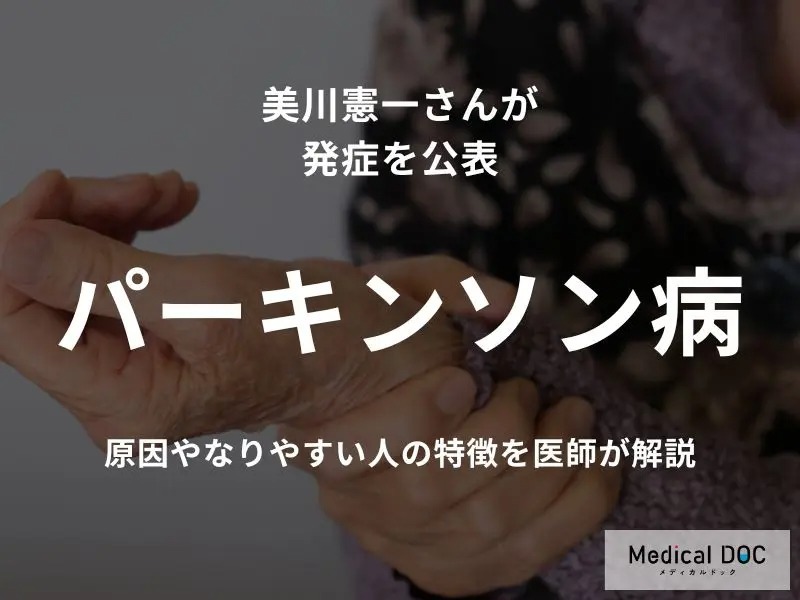- CONTACT US
- AFS
- Business
- Bussiness
- Car
- Career
- Celebrity
- Digital Products
- Education
- Entertainment
- Fashion
- Film
- Food
- Fun
- Games
- General Health
- Health
- Health Awareness
- Healthy
- Healthy Lifestyle
- History Facts
- Household Appliances
- Internet
- Investment
- Law
- Lifestyle
- Loans&Mortgages
- Luxury Life Style
- movie
- Music
- Nature
- News
- Pet
- Plant
- Politics
- Recommends
- Science
- Self-care
- services
- Smart Phone
- Sports
- Style
- Technology
- tire
- Travel
- US
- World
- エンタメ
- スポーツ
- 科学
- 経済

So, it seems that generating antibodies particularly for viruses/Mycoplasma/bacteria which cannot be vaccinated — is inevitable. You need to prepare for it.
"Why should I prepare if infection is inevitable?" Some might wonder. Remember COVID: Preventive measures. Identifying the Pathogen Comes First—Key in This Context. Rapid testing was crucial under COVID. Knowing what you have helps decide the next course of action: don't push through illness, rest; fever is likely — stock up on antipyretics and oximeters/critical medicines for elderly at home.
Being prepared and comprehensive is important. Drawing from clinical practice plus my own parenting during this “immune debt”, here are three steps to action:
Step 1: Track weekly epidemic reports.
This helps to recognize circulating pathogens beforehand. The weekly epidemic data is mostly available on local CDC websites. For instance: In the Beijing CDC's Week 47 (Nov 20–26,2023), a total of 72,475 cases in 16 notifiable diseases were reported. Influenza, COVID-19, hand-foot-mouth disease (HFMD), infectious diarrhea and syphilis were the top five diseases — accounting for 99.4% of cases.
Main points:
- Review recent (last 1-4 weeks) reports.
- Large no. of cases indicate ongoing transmission
- Regional risk (e.g., flu and COVID-19 are presently circulating in Beijing).
Step 2: Know how to respond for prevalent pathogens.
Among these, key ones for autumn and winter 2023 through spring 2024 are:
- Influenza A/B: Get vaccinated first; multiple subtypes make prevention difficult but usually it resolves with fluids and fever control. Persistent fever/cough needs medical attention.
- Mycoplasma pneumoniae: There are treatments available, but the key is early intervention.
- Respiratory syncytial virus (RSV)/**Adenovirus**: Self-resolving; antivirals not recommended in most cases.
- Rhinovirus: Usually mild with nasal symptoms.
Step 3: Stay calm and plan your actions if infected
Most viruses self-limit. The immune system 's workout is a fever.
If your symptoms suggest Mycoplasma (e.g., dry cough, high fever) or don't resolve:
- No online diagnosis based off your symptoms at home.
- Head to the nearest clinic for specific tests such as CBC, CPR and respiratory pathogen panel.
- Diagnose and confirm, then proceed with targeted treatment.
Don't hit the hospital unless you have to: cross-infection risk > benefit (clinics generally offer same diagnostics/treatment).
 Vitamin C in Food: Why Do We Still Feel Deficient?
Vitamin C in Food: Why Do We Still Feel Deficient? The most important factor dominating your health: your lifestyle
The most important factor dominating your health: your lifestyle "The Water Dripping Through Stone" Principle: Incorporating Exercise into Your Lifestyle
"The Water Dripping Through Stone" Principle: Incorporating Exercise into Your Lifestyle Light Fasting, the Anti-Aging Switch for the Age of Longevity
Light Fasting, the Anti-Aging Switch for the Age of Longevity The Science of Toothpaste: How to Choose the Right Toothpaste for Oral Health
The Science of Toothpaste: How to Choose the Right Toothpaste for Oral Health Purpose Decides Your Results: Selecting the Appropriate Exercise
Purpose Decides Your Results: Selecting the Appropriate Exercise What’s the Best Average Weekly Sleep Duration?
What’s the Best Average Weekly Sleep Duration? Postural problems affect the organs and when is the best time for postural management?
Postural problems affect the organs and when is the best time for postural management? Scientific view of the health effects of electromagnetic radiation from electronic products
Scientific view of the health effects of electromagnetic radiation from electronic products












